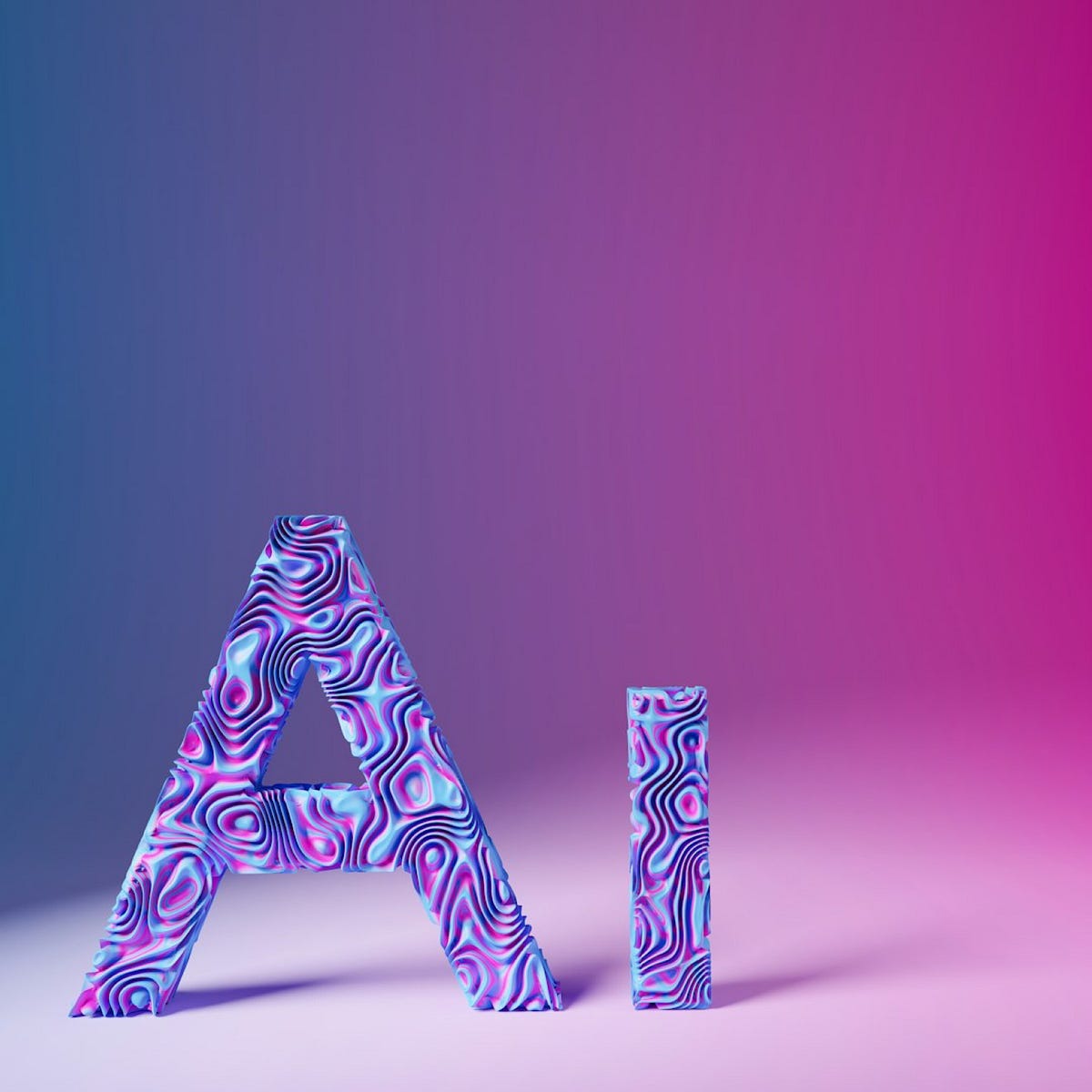Medium
1M
200

Image Credit: Medium
AI Today and Tomorrow:
- AI tools like ChatGPT, Midjourney, and DALL-E are rapidly advancing, creating human-like content in writing, artwork, and code.
- AI integration in everyday tools like Google Docs, Microsoft Office, and customer service systems is becoming more prevalent.
- The debate on AI ethics, surveillance, bias, job impact, and mental health implications is growing, emphasizing the need for a global dialogue.
- There is a call for an honest discussion on the potential benefits and risks of AI in steering it towards benefiting humanity.
- Automation through AI can eliminate mundane tasks, while enhancing creativity, decision-making, access to healthcare, education, and resource optimization.
- AI reflects the intentions of its creators and users, underscoring the importance of understanding its capabilities and influencing its direction.
- AI's practical applications in real life range from personal assistants like Siri to advanced medical diagnostics and financial services.
- AI is transforming industries through fraud detection, personalized investments, customer service, visual search, demand forecasting, and educational platforms.
- Despite its benefits, AI limitations include the lack of general intelligence, biases inherited from data, and concerns about privacy and surveillance.
- Countries like China, the U.S., Europe, India, and Africa have varied approaches to AI adoption, emphasizing ethics, regulations, and education.
- Transparency, inclusivity, regulation enforcement, and public education are key factors in shaping a responsible AI future.
Read Full Article
12 Likes
For uninterrupted reading, download the app